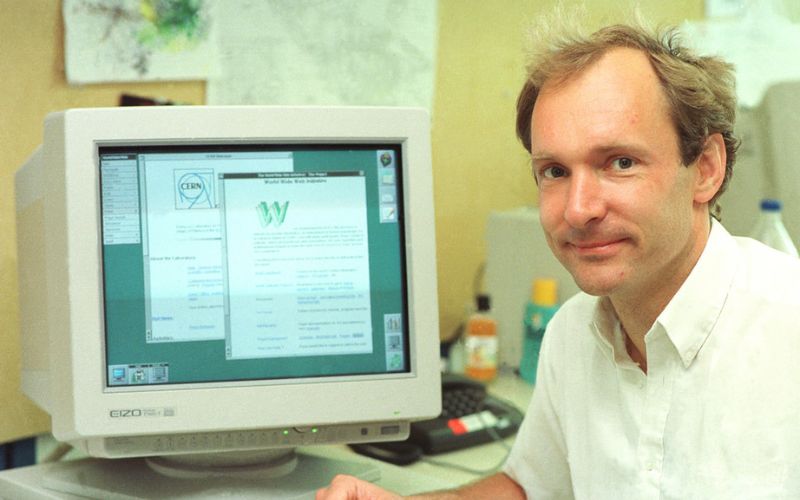Tim Berners-Lee is the father of the internet, having invented the World Wide Web back in the 1990s. He is a British computer scientist who is widely recognized as the inventor of the World Wide Web, which revolutionized the way people collaborate, communicate, and share information on the internet.
His invention of the World Wide Web has had a profound impact on society, giving us the power to access information from anywhere in the world. In recognition of his achievements, he has been awarded numerous awards and honors, including the Turing Award and the Japan Prize.
Here are 20 amazing facts about Tim Berners-Lee:
1. Tim Berners-Lee was born in London, England in 1955. His parents were both mathematicians and computer scientists.
2. He graduated from Oxford University in 1976 with a degree in physics.
3. He was an independent software consultant from 1980 to 1984.
4. In 1984, he joined CERN (the European Organization for Nuclear Research) and developed the first web server.
5. He wrote the first web page in 1990 and published it on the internet.
6. In 1991, he wrote the first web browser and released it to the public.
7. He created the first web directory in 1992.
8. He invented the URL (uniform resource locator), HTML (hypertext markup language), and HTTP (hypertext transfer protocol).
9. He is the director of the World Wide Web Consortium (W3C), which is the international organization responsible for developing web standards.
10. In 2004, he was knighted by Queen Elizabeth II for his services to the global development of the internet.
11. In 2009, he was awarded the Order of Merit from the UK government.
12. He has been a professor at the Massachusetts Institute of Technology since 1994.
13. He received the Turing Award in 2017 for his work on the World Wide Web.
14. He is a Fellow of the Royal Society and a member of the Advisory Board of the MIT Center for Civic Media.
15. He is a member of the Advisory Board of the World Wide Web Foundation, which is an organization devoted to promoting the open web and its potential for good.
16. He is the author of Weaving the Web: The Original Design and Ultimate Destiny of the World Wide Web.
17. He is an advocate for open data, an open web, and the use of online tools to achieve greater collaboration and transparency.
18. He has been an active campaigner for Net Neutrality.
19. He has been a vocal critic of the tech industry’s approach to privacy and security.
20. He was named one of the “100 Most Important People of the 20th Century” by Time magazine in 1999.

